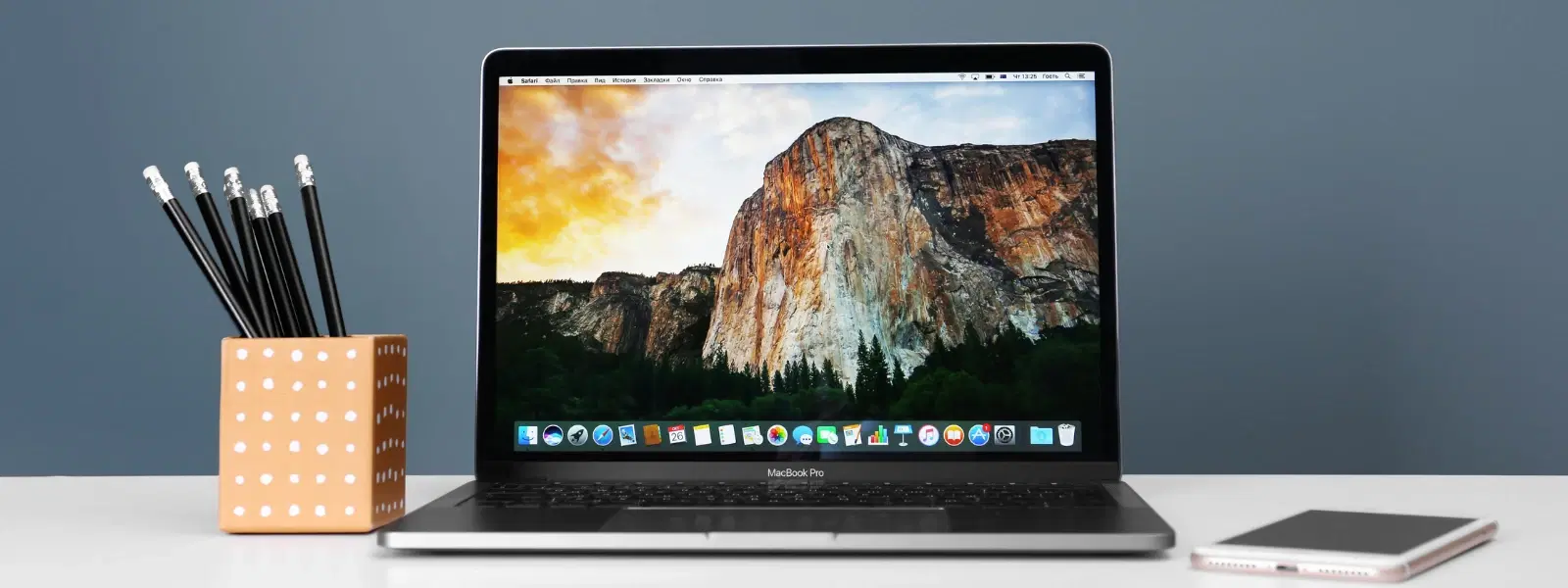
Consumer Electronics
•03 min read
Ever wondered how to capture your Mac screen and audio seamlessly, whether for tutorials, presentations, or gaming highlights? Recording your screen on Mac with audio not only enhances your digital communication but also opens up a world of creative possibilities. Today, we share an essential checklist that guides you through the steps of recording your Mac screen with sound like a pro.
Before you begin, verify your macOS version to ensure compatibility with built-in tools such as QuickTime Player or the Screenshot Toolbar. Additionally, check that you have ample storage space on your device for saving your recordings. This initial step helps you avoid interruptions during your session.
It is important to clarify whether you need internal audio, microphone input, or a combination of both. Consider if you want to capture the entire screen or focus on specific sections. This decision will help you select the most efficient recording method and adjust screen recording settings on Mac to suit your requirements.
Access the Screenshot Toolbar by pressing Command + Shift + 5. This tool allows you to select either a full-screen recording or a custom area. You can also adjust settings to include microphone input, ensuring that you record Mac screen with audio effortlessly.
Launch QuickTime Player and choose the screen recording option. Once you initiate the recording, enable the microphone input to capture your audio. When you finish recording, you can easily save and export your work. This mac screen recording tutorial ensures that even beginners find it straightforward to record audio and screen on Mac.
For those who need more advanced features, there are several third-party software options available. These tools offer robust features like internal audio recording, webcam integration, and advanced editing options. If you need a solution that goes beyond the basics, consider exploring these reliable mac screen recording software options.
Capturing system audio may require additional software such as Soundflower or Loopback. These tools facilitate record mac screen with sound by enabling the recording of internal audio. Follow the provided setup steps carefully to achieve a seamless mac screen capture with audio.
Select the right microphone and system audio settings to ensure crisp sound quality. Adjust the resolution and frame rate to create high-quality videos, which is essential if you want to record with microphone on Mac. These settings are crucial to capture Mac screen and audio that truly reflects your work.
If you experience audio sync problems, low-quality video, or storage issues, try these simple fixes: check your settings, free up storage space, and restart the recording process if necessary. In scenarios where QuickTime Player freezes, knowing how to stop a screen recording on Mac quickly is essential.
Pro Tip: Maximise Your Recording Quality
Did you know? Recording in a quiet environment and using an external microphone can drastically improve audio quality. Pair this with high-resolution settings for crystal-clear video recordings.
You have the option to save your recordings directly on your Mac or even to external storage. Both built-in tools and third-party software support a range of file formats, making it simple to preserve your work in a widely compatible format.
QuickTime Player offers basic editing options such as trimming, while more advanced tasks like annotations, overlays, or combining clips can be managed through third-party tools. This flexibility allows you to create professional-quality content from your screen recording on Mac.
Once your edits are complete, export your videos to platforms like YouTube, Vimeo, or even share via cloud storage. Optimising your file sizes ensures hassle-free sharing whether you are emailing the file or uploading it online.
You may use a workaround with QuickTime Player, however, capturing internal audio directly typically requires additional software such as Soundflower.
By default, only the screen is recorded. You need to enable the microphone input or use specialised tools to record audio along with your screen capture.
Simply press Command + Control + Esc or click the Stop button located in the menu bar.
Using tools like QuickTime for basic needs or third-party software for advanced features is recommended. Your choice depends on your specific requirements for recording audio and screen on Mac.
Yes, several third-party tools allow you to capture both your screen and webcam together, making it a versatile option for comprehensive recordings.
Recording your Mac screen with audio does not have to be daunting. With a clear checklist, you can explore both built-in and third-party solutions that offer ease and flexibility. By fine-tuning settings and understanding each step of the process, you ensure that every recording meets your quality standards. In the same way Tata Neu offers NeuCoin rewards and exclusive benefits like Express Delivery and unmatched after-sales support, a well-prepared recording system is all about convenience and quality. Embrace the simplicity of recording with the right tools, and you are all set to capture every moment with clarity.